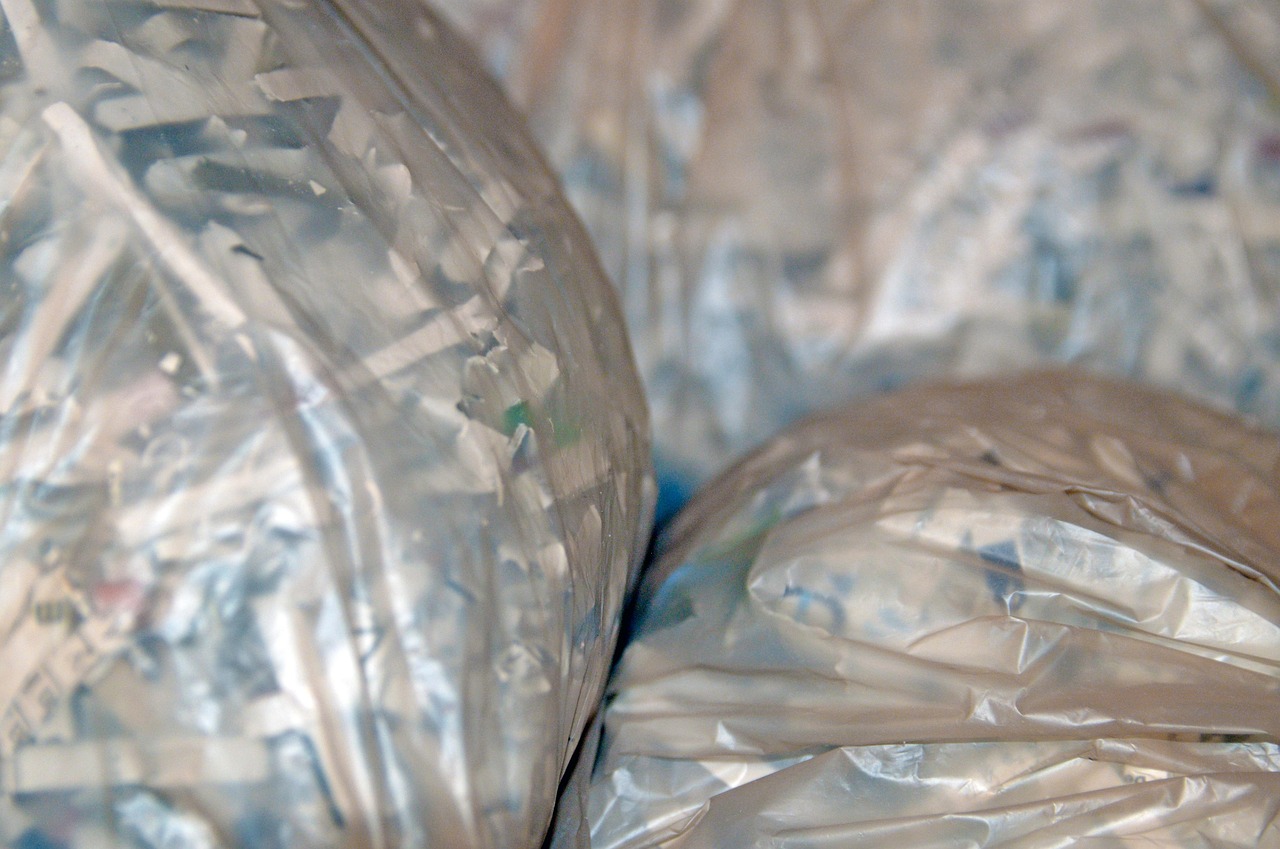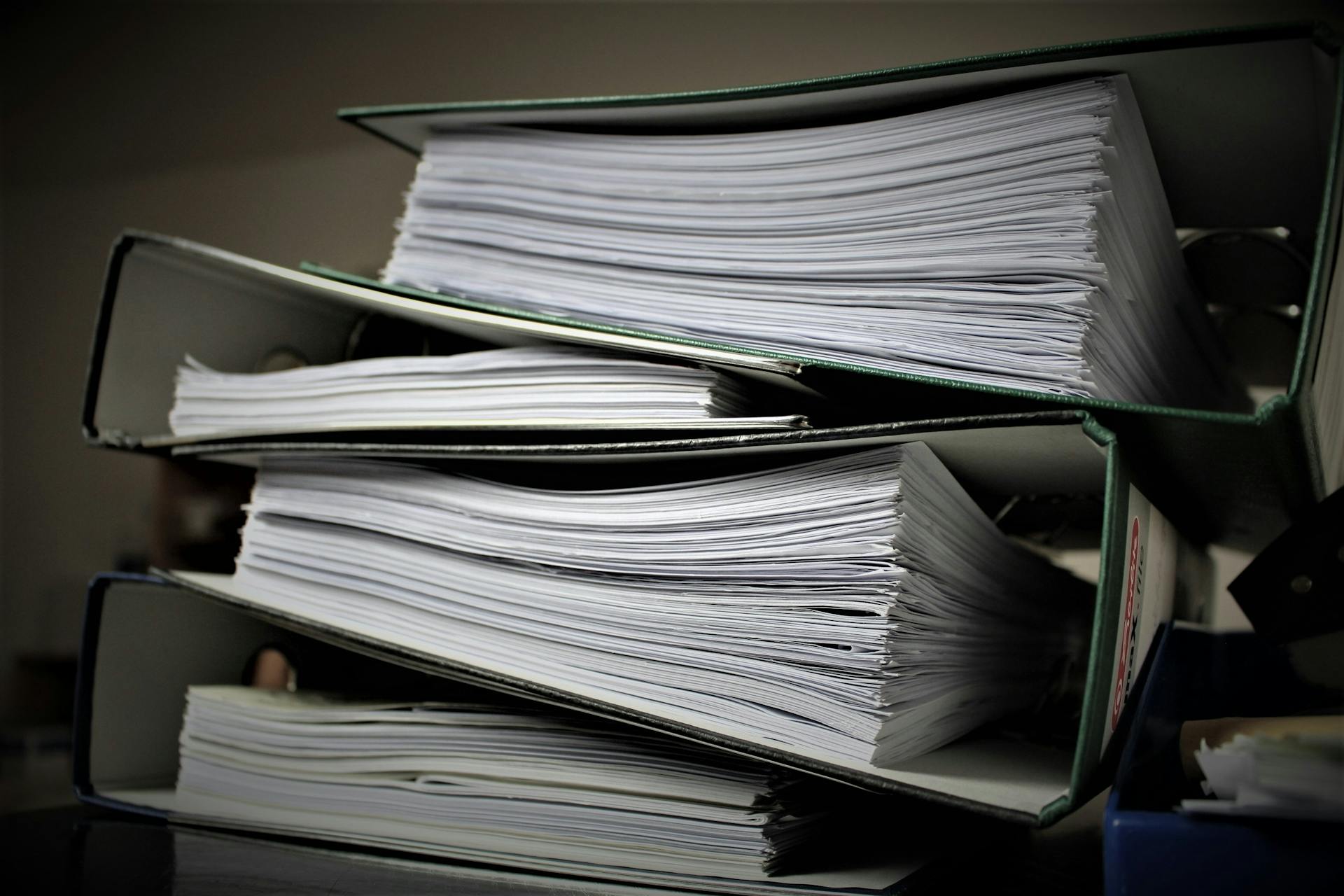
The way we store information has undergone a massive transformation. What used to sit in filing cabinets is now kept on digital devices, particularly hard drives.
While most people understand the importance of shredding paper documents to protect sensitive information, far fewer recognise the risks posed by improperly disposing of hard drives. In reality, shredding hard drives is just as critical, if not more so, for safeguarding personal and business data.
The Myth of Data Deletion
A common misconception is that deleting files or reformatting a hard drive completely erases the information it contains. Unfortunately, this isn’t the case. Data is often recoverable even after deletion or formatting thanks to specialised software tools. That means your old hard drive could become a goldmine for hackers, identity thieves, or competitors if it’s not properly destroyed.
The only guaranteed way to ensure the data on a hard drive is irretrievable is to physically destroy the device. Hard drive shredding involves breaking the drive into tiny, unusable pieces, rendering its data completely inaccessible.
The Risks of Skipping Hard Drive Shredding
Failing to securely dispose of hard drives can lead to serious consequences. Identity theft is one of the most common threats. Hard drives often contain personal information like National Insurance numbers, financial records, and even passwords, all of which could be exploited if recovered. For businesses, improperly discarded hard drives pose an even greater risk. A single compromised device could lead to a devastating data breach, exposing customer information, trade secrets, or confidential communications.
Beyond the financial and reputational damage, there’s also the issue of legal compliance. Regulations such as GDPR impose strict requirements for how sensitive data is handled and disposed of. Failure to meet these standards can result in hefty fines and loss of trust.
Improper disposal isn’t just a security risk; it’s also an environmental one. Hard drives contain materials such as lead and mercury that can harm ecosystems if they end up in landfills. Secure shredding ensures these devices are recycled responsibly, minimising their environmental impact.
How Hard Drive Shredding Works
The process of hard drive shredding is straightforward yet highly effective. Once collected the hard drives are fed into an industrial shredder. The machine reduces them to tiny fragments, making data recovery impossible. Many shredding services also provide a certificate of destruction, offering proof that the drives were securely destroyed – a valuable document for businesses required to comply with data protection laws.
What happens next is equally important: the shredded materials are sent to recycling facilities, where the metals, plastics, and other components are processed for reuse. This ensures a secure and eco-friendly disposal method.
The Importance of Professional Shredding Services
While some people may attempt to destroy hard drives themselves, professional shredding services offer a level of security and efficiency that’s hard to match. These services are equipped with specialised machinery capable of thoroughly destroying the device, leaving no chance for data recovery.
For businesses, professional services also simplify compliance with data protection regulations. By working with a trusted provider, you can ensure your data is destroyed securely and that you’re meeting all legal requirements.
When to Shred Your Hard Drives
It’s not always obvious when a hard drive should be shredded, but there are a few key scenarios to consider. If you’re upgrading your equipment, for example, it’s crucial to destroy the hard drives in any devices you’re replacing before donating or recycling them.
Similarly, when a hard drive reaches the end of its usable life or a business is relocating or closing, shredding the drives prevents sensitive information from being compromised.
Shredding in a Digital Age
The importance of paper shredding is well understood, but in today’s digital world, secure data destruction must also include electronic storage devices. Hard drives hold vast amounts of information, and a single breach can have catastrophic consequences. By incorporating hard drive shredding into your data security practices, you’re taking a critical step to protect your information.
In an era where data breaches and cybercrime are rampant, hard drive shredding isn’t optional. It’s a necessity. Treat your digital data with the same care and attention you give to your paper documents, and you’ll be better equipped to face the challenges of the modern information landscape.
Latest news articles



